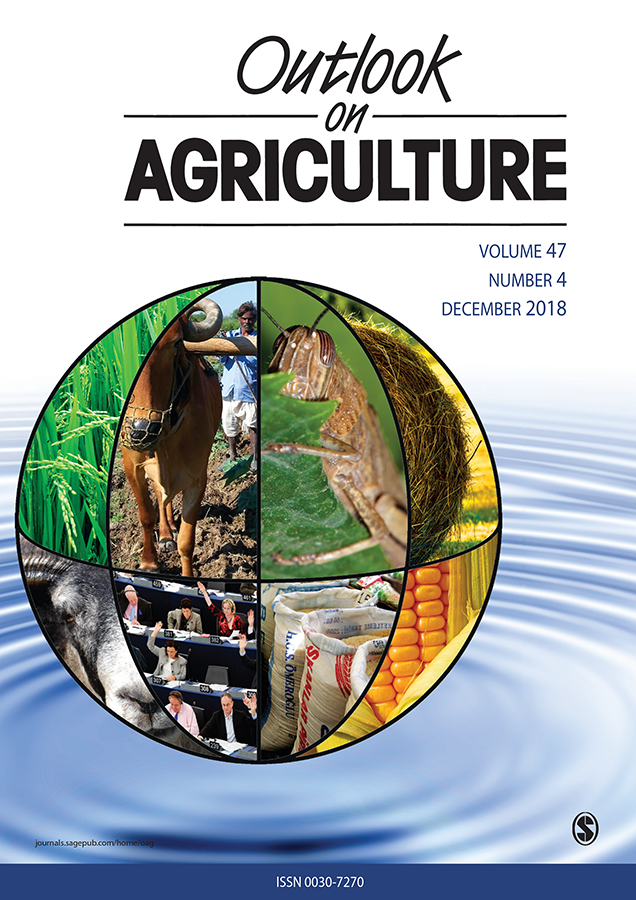Although the development of improved seeds has witnessed significant advances over the last decades, the adoption of improved seeds and varieties by smallholder farmers is variable. This suggests that research methods for studying farmers’ seed demand are not yielding information that reflects the real-life decisions and behaviours of farmers in the choice and acquisition of their seeds. We suggest that research methods for analysing farmers’ seed demand shape seed availability. This is supported by the theory of social life of methods. We argue that access to and attractiveness of seed are highly context-specific for a farmer, for example, influenced by his/her social position, the role of the crop or variety in the farming system, the linkage to the market, agro-ecological conditions, and that context is highly variable. We also argue that many of our research methods are weak on capturing real-life context and provide fragmented snapshot-nature understanding and biases of farmers preferences and needs for seeds. We call for more integrated understanding of seed systems as a whole and a more holistic methodological research approach that better captures the variable real-life context of farmers while providing the metrics that are needed by seed actors and policymakers to enable informed decisions.
Understanding the relations between farmers’ seed demand and research methods: The challenge to do better
Citation: Almekinders, C.; Beumer, K.; Hauser, M.; Misiko, M.; Gatto, M.; Nkurumwa, A.; Erenstein, O. 2019. Understanding the relations between farmers’ seed demand and research methods: The challenge to do better. Outlook in Agriculture. ISSN 2043-6866. 48: 1, pp. 16–21.
2019-02-11
INCLUSIVE GROWTH, SEED SYSTEMS,
journal_article

